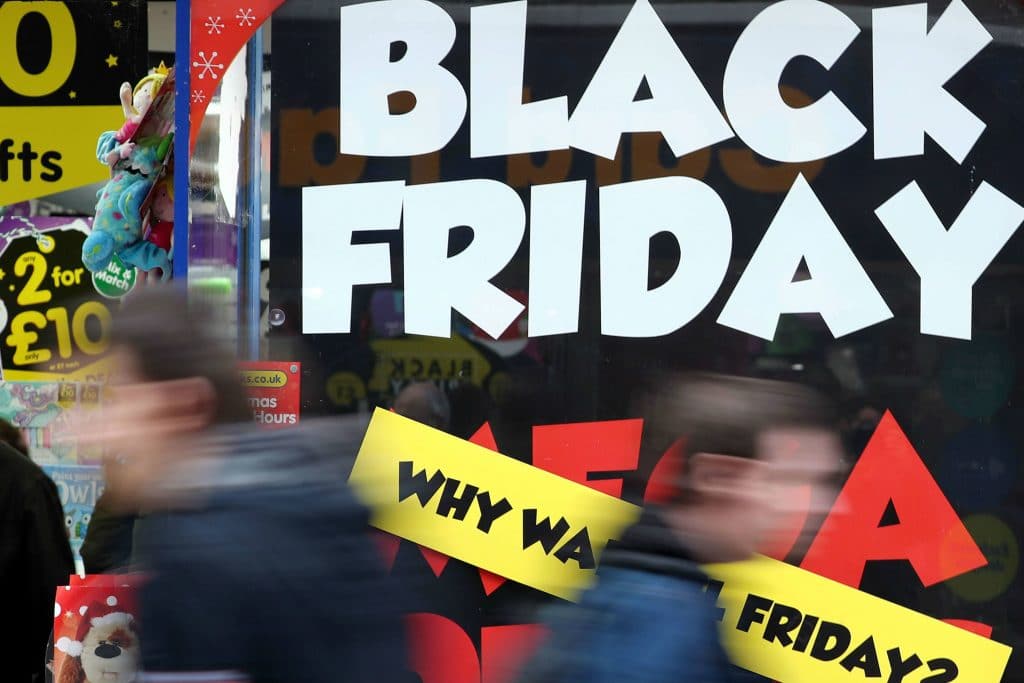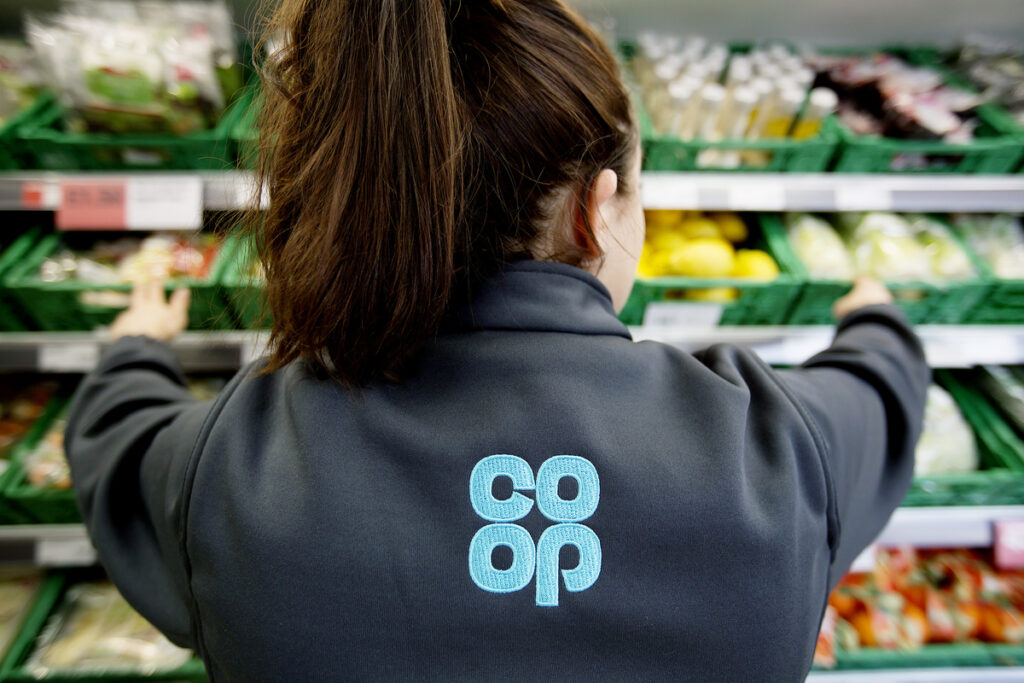Since being introduced to the UK in 2010, Black Friday has cemented its place in the calendar of British shoppers. However, consumer interest in – and spending on – appears to have plateaued in recent years.
Despite Black Friday clearly being an important and much anticipated event for many shoppers, some are less than impressed with the deals on offer and therefore have become more strategic in the way they shop. Last year, data from Barclaycard revealed that although shoppers had purchased 10 per cent more, spending was in fact down 12 per cent – suggesting the big ticket and luxury items have been replaced by smaller, more affordable products.
READ MORE:
- What Black Friday can learn from Singles Day
- COMMENT: Customers want discounts year-round, not just on Black Friday
Last month, Amazon announced that 2019 would be its “biggest Black Friday sale ever”. Amazon holds a 26 per cent share of the Black Friday market and is largely responsible for bringing the event over to the UK, so this does not come as a real surprise as the retailer continues to assert its dominance.
Ultimately, going up against the likes of Amazon is no easy feat. Having said that, the last thing SMEs want is to miss out on potential profits but it’s hard to avoid the mounting pressure to discount.
While small retailers need to have a Black Friday strategy, it’s not about putting all your chips in one basket and simply slashing prices. Heavy, short-term discounting can be detrimental for margins, and business owners must be realistic in what they expect to achieve. We know that discounts work, but there’s more to it in order for SMEs stand out against big retailers and these are the things that will make an impact.

Retailers should find a way to highlight their competitive differentiation and make that work for them. Focusing on bespoke service, up and cross-selling based on customer needs, and a loyalty programme will bring customers back year-round. That’s where a strategy is best-placed, rather than focusing on one big ticket calendar date that brings in one-off custom.
Small businesses should also be more agile in their approach to offering discounts in the weeks and months leading up to Black Friday, looking at where their peaks and troughs are in sales and working with a partner who understands their strategy and can help to level these out. A recent report by sales analytics firm Periscope revealed the importance of retailers thinking beyond Black Friday, getting the timing and targeting of deals and promotions right to engage shoppers who plan their Christmas shopping early.
Surveying 2000 UK shoppers on their spending habits in the lead up to Christmas, research from Groupon revealed 41 per cent of shoppers start purchasing presents up to three months before Christmas. This suggests the months leading up to Black Friday are also critical and small businesses should think about introducing some form of promotion from September onwards to try and capitalise on early spending.
READ MORE:
- Black Friday 2019 to see slowest growth on record “and may potentially even be completely flat”
- Alibaba’s Singles Day made more than Black Friday in 1 hour, here’s what the experts say
Harnessing smaller and more consistent discounts for extended periods could be an effective solution as it aligns with how consumers are now choosing to spend. Perhaps even more so as a result of the ongoing political uncertainty. Smaller but consistent discounts are also an effective way of managing cash flow and suggests to consumers that the deals on offer are authentic, and not just introduced to capitalise on the uplift in spend.
When communicating what deals are on offer, data from Groupon suggests that adopting a personalised, omnichannel approach is now imperative. The ability to target shoppers with relevant and personalised offers is increasingly becoming the deciding factor in a retailer’s success. It’s something larger retailers have struggled with historically.
Groupon has tools and programmes in place to share the right deals with the right people at the right time. Part of this personalisation is identifying the price point that will work for the consumer. Groupon has a promotional discounting tool that enables merchants to identify and adjust discounts in real time to allow for agile, time-sensitive offers and final reductions, rather than broad-sweeping discounts.
The power that small businesses have over larger companies is that they can more easily create loyal and stickier customers. Regular discounts during “off-peak” seasons are a great way to build loyalty and brand affinity. So while small business owners should continue to engage with Black Friday, it’s crucial that this fits into a longer term strategy. They need to be smart and take a longer-view strategic approach to what they’re discounting, the times they’re discounting and how to use these key calendar date discounts to pull in repeat business. It will be interesting to dissect the key trends from 2019 and explore new promotional methods in the future.
Gabrielle Stafford is the CMO of online marketplace Groupon
Click here to sign up to Retail Gazette‘s free daily email newsletter
















